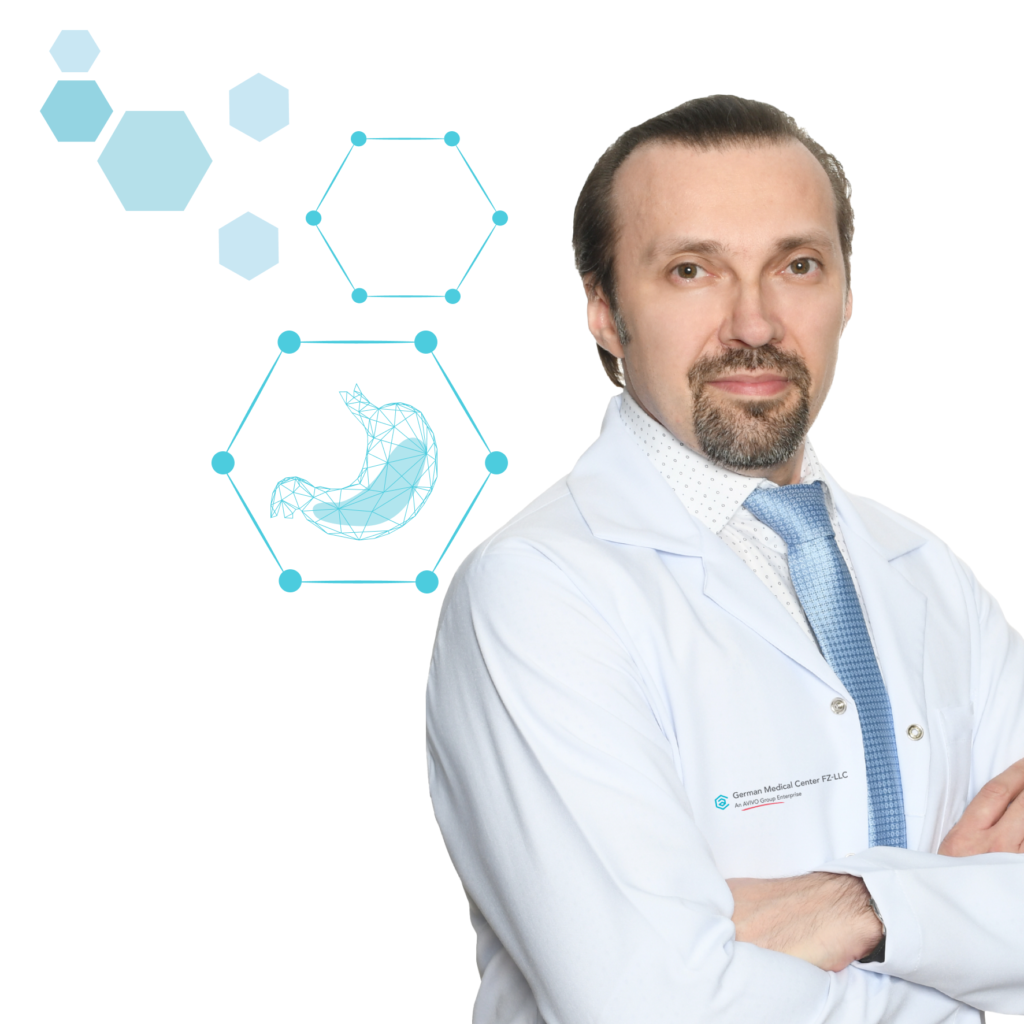
Dr. Sebastian Cuzincu
Gastroenterology and Internal Medicine
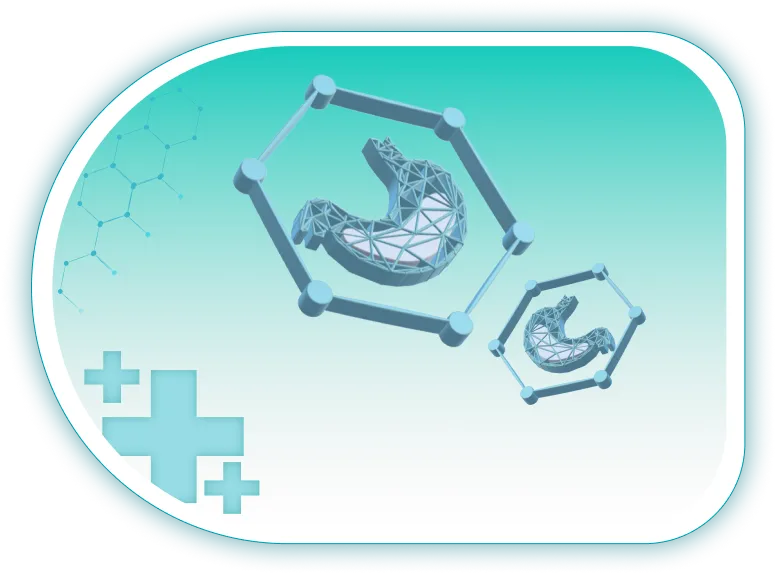




Concerned about gastrointestinal symptoms? Gastrointestinal Stromal Tumors (GISTs) may be the cause, and early detection is key. At German Medical Center, we provide expert care with personalized treatment options. Let our experienced team guide you through diagnosis and treatment, helping you regain your health and peace of mind. Start your recovery today with trusted specialists.
By booking an appointment with German Medical Center.
Our team of experts are passionate about providing only the best quality care and treatment to their patients.

Gastroenterology and Internal Medicine
Gastrointestinal Stromal Tumor of Stomach (GIST) is a rare type of cancer that affects the digestive system, particularly the stomach and small intestine. The symptoms of GIST can vary depending on the size and location of the tumor, as well as the stage of the cancer. Some people may experience no symptoms at all, while others may experience one or more of the following:
It is important to note that many of these symptoms can also be caused by other health conditions. If you are experiencing any of these symptoms, it is important to speak with a medical professional to determine the underlying cause and receive proper treatment. Early detection and treatment of GIST can improve outcomes and quality of life.
Researchers have identified certain genetic mutations that may contribute to the development of GIST. These genetic mutations occur in cells known as interstitial cells of Cajal (ICC), which are responsible for regulating the contractions of the digestive tract.
The mutations that cause GIST can occur spontaneously or may be inherited from a parent. Inherited mutations are rare and are typically associated with certain genetic disorders, such as neurofibromatosis type 1 (NF1) and Carney triad syndrome.
While the exact cause of GIST is not fully understood, some risk factors have been identified that may increase a person’s chances of developing this rare form of cancer. These risk factors include:
It is important to note that having one or more of these risk factors does not necessarily mean a person will develop GIST. Many people with no known risk factors develop GIST, while others with one or more risk factors never develop the disease. If you are concerned about your risk of developing GIST, speak with a medical professional to discuss your individual risk factors and ways to reduce your risk.
The treatment options for Gastrointestinal Stromal Tumor (GIST) depend on several factors, including the size and location of the tumor, whether it has spread to other parts of the body (metastasized), and the overall health of the patient. Treatment options for GIST may include one or more of the following:
The choice of treatment for gist gastrointestinal stromal tumor depends on many factors and should be made in consultation with a medical professional who specializes in the treatment of GIST. With proper treatment, many people with GIST are able to live long and healthy lives.
Crohn's disease is a chronic inflammatory bowel disease that can cause a wide range of symptoms that can vary in severity and...
Diverticulitis is caused by the formation of small, bulging pouches (diverticula) in the lining of the colon....
Appendicitis is a medical condition where the appendix, a small finger-shaped organ attached to the large intestine, becomes...
food poisoning can be a distressing condition that can leave you feeling miserable for days....
Cirrhosis is a chronic liver disease that occurs when healthy liver tissue is replaced by scar tissue, leading to decreased liver...
If you or a loved one has been diagnosed with achalasia, it's important to know that there are effective treatment options...
The first step in treating diarrhea is to identify the underlying cause...
If you are experiencing constipation, it is important to seek medical treatment for constipation from a qualified healthcare...
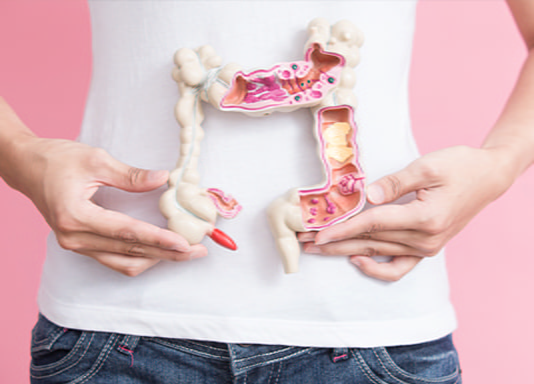
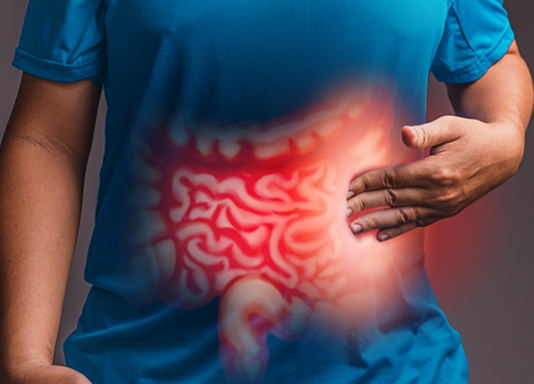
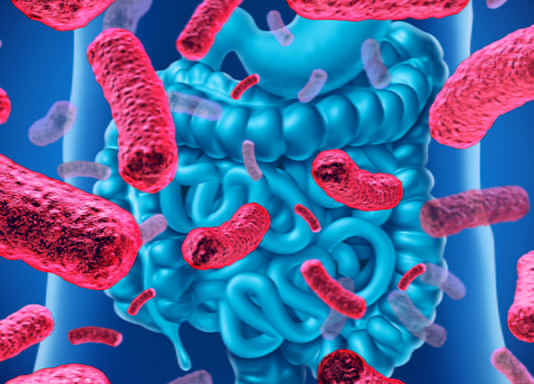


Partner with:
Partner with:


German Medical Center is one of the leading medical institution in Dubai formed by a group of specialists who are passionate about providing the personalized care tailored to the patient's unique needs.
Fill out our easy online form to book an appointment with German Medical Center. Our team of experts is dedicated to providing you with personalized care and guidance every step of the way. Don't wait, take charge of your well-being and schedule your appointment now!